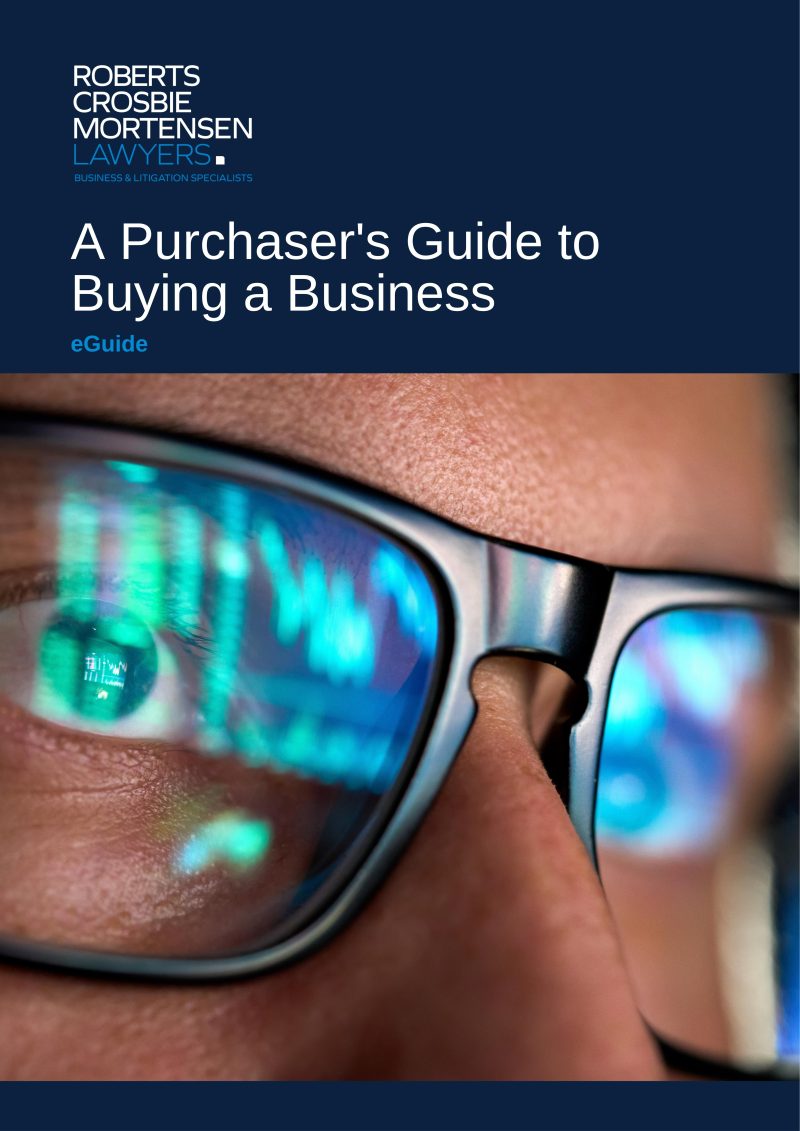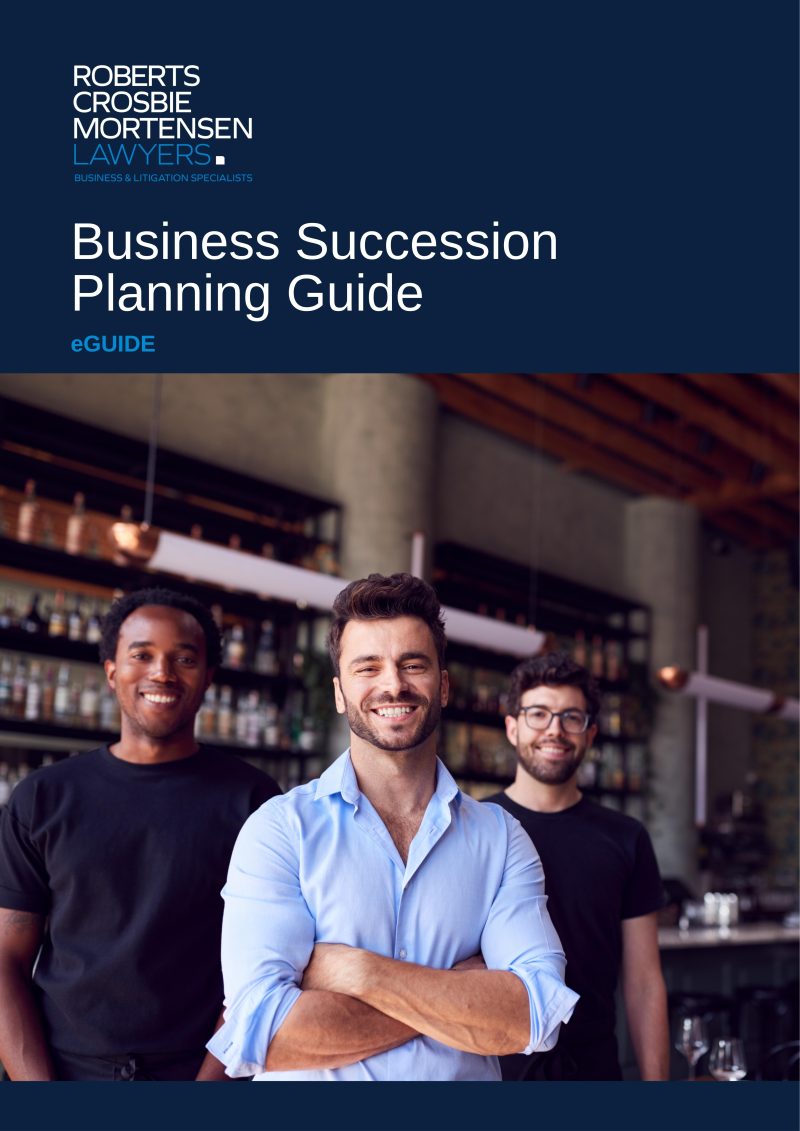Prompt action in the face of the infringement or misappropriation of intellectual property rights is crucial for mitigating losses and/or for obtaining an injunction to prevent ongoing infringing conduct.
Our team of IP Infringement Lawyers includes 3 Accredited Specialists in Commercial Litigation, making us one of the most recognised Commercial Litigation teams in New South Wales.
We assist businesses and individuals to both enforce and defend a range of intellectual property infringement claims and understand that when questions about infringement arise, time is usually of the essence, particular if an injunction may be appropriate.
If you need an answer fast, contact us today and speak to a lawyer.
How We Help
When infringement of an intellectual property right is suspected prompt and considered action is required to:
- evaluate the claim and the full extent of the infringing acts,
- assess loss, potential loss and available remedies, and
- issue an effective Cease and Desist Letter and/or to approach the Court for urgent injunctive relief.


























